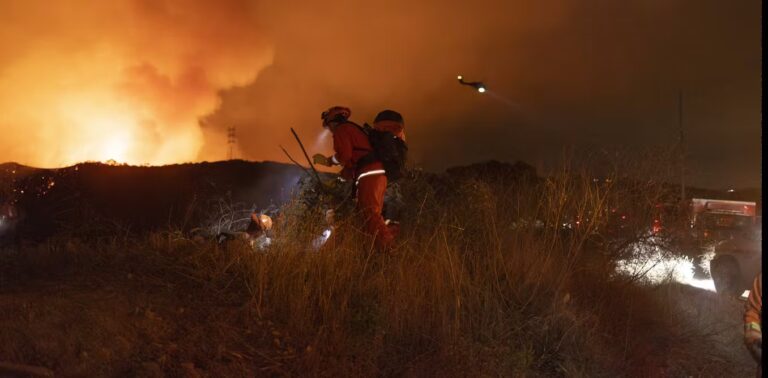
GFSS scholar examines fire’s impact on humanity and reshaping the planet
Stephen Pyne, Emeritus Professor of Life Sciences at Arizona State University, recently published an article in The Conversation titled Human use of fire has produced an era of uncontrolled burning:
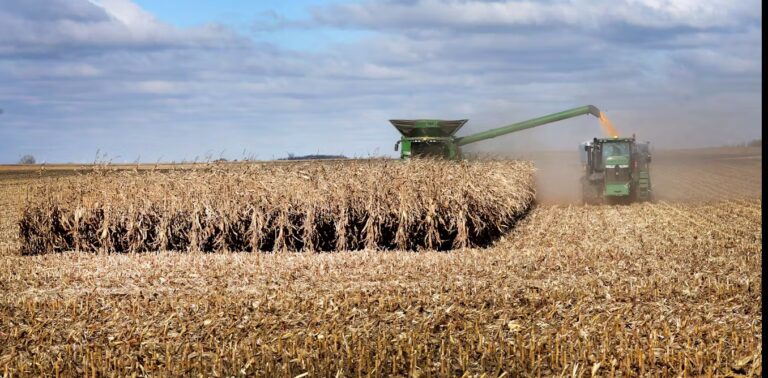
Senior Global Futures scientist discusses the multifaceted role of the USDA
Kathleen Merrigan, Executive Director of the Swette Center for Sustainable Food Systems at Arizona State University and former USDA Deputy Secretary, recently authored an article exploring the multifaceted role of

Meet Swette Center staff member, Allison (Allie) Lansman
Read on for an interview with Allison (Allie) Lansman, Research Specialist, to explore her background in food systems, what she's currently working on, and her vision of food systems transformation.

Senior GFSS member on new unit at Science and Technology Policy Institute
Senior Global Futures Scholar Mahmud Farooque, a clinical associate professor in the School for the Future of Innovation in Society and associate director of the Consortium for Science, Policy &
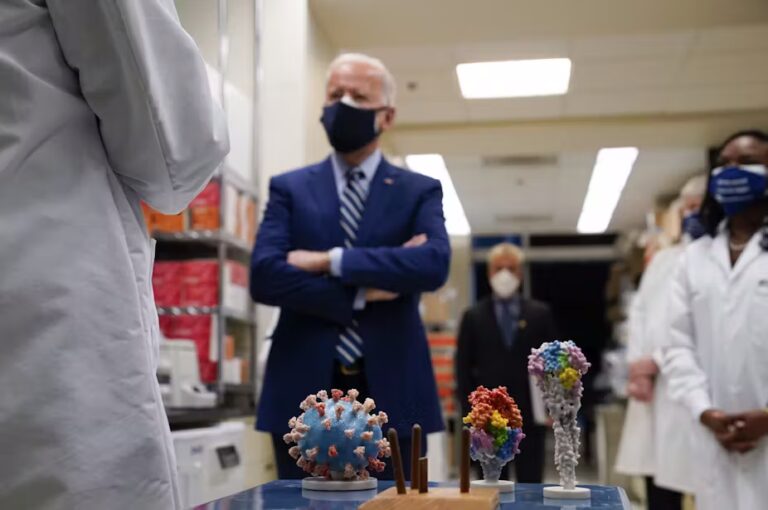
ASU Professor Discusses Biden's Emphasis on 'Research Focused on Solutions
Senior Global Futures Scholar Arthur Daemmrich recently contributed a thought-provoking article to The Conversation, where he explores how the Biden administration has transformed the role of science in addressing societal

Agriculture secretary oversees programs that help millions afford healthy diets
The most common misconception about the USDA is that it’s mainly focused on supporting farmers and ranchers and conserving agricultural land. These are critical missions, but they represent only a small slice of what the department does.
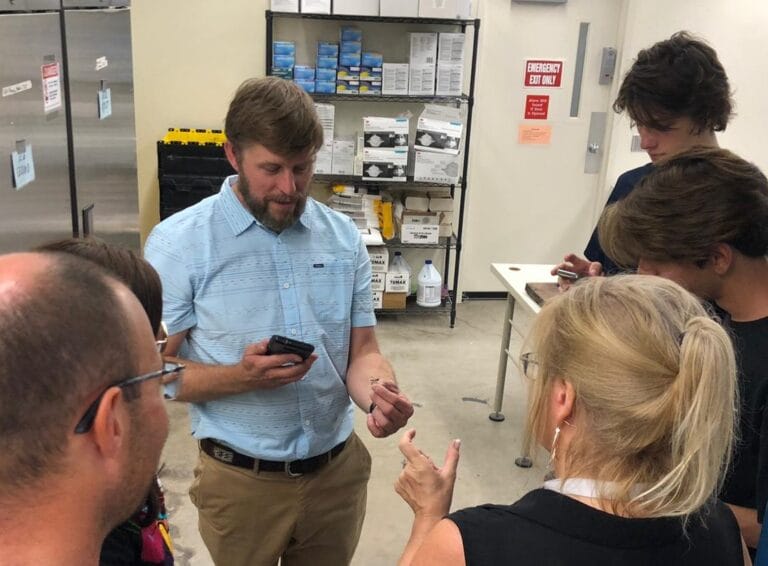
Meet affiliated faculty Rick Overson
Read on for an interview with Rick Overson, Research Scientist for the Global Locust Initiative.
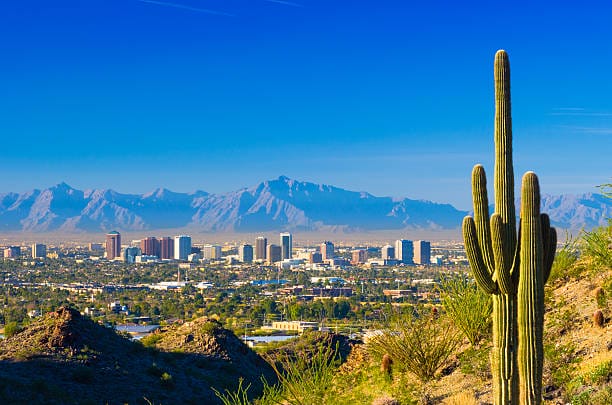
GFL Futurecast: Sustainable Cities Network and Project Cities working with communities to build a stronger future
The Sustainable Cities Network and Project Cities program were recently featured in the 7th edition of Global Futures: Futurecast, a biannual digital journal dedicated to examining global trends we expect

Meet affiliated faculty Jordan Miller
Read on for an interview with Jordan Miller, Teaching Professor in the College of Health Solutions.

What is a sponsored project?
Sponsored projects are typically funded by external sources, such as federal agencies, industry partners, or philanthropic organizations, with the primary goal of advancing research, instruction, or public service endeavors. Sponsored projects come with specific objectives, detailed budgets, and often stringent reporting requirements to ensure the proposed outcomes are achieved.

Meet affiliated faculty Timothy Richards
Read on for an interview with Timothy Richards, Professor & Marvin and June Morrison Chair of Agribusiness in the Morrison School of Agribusiness.
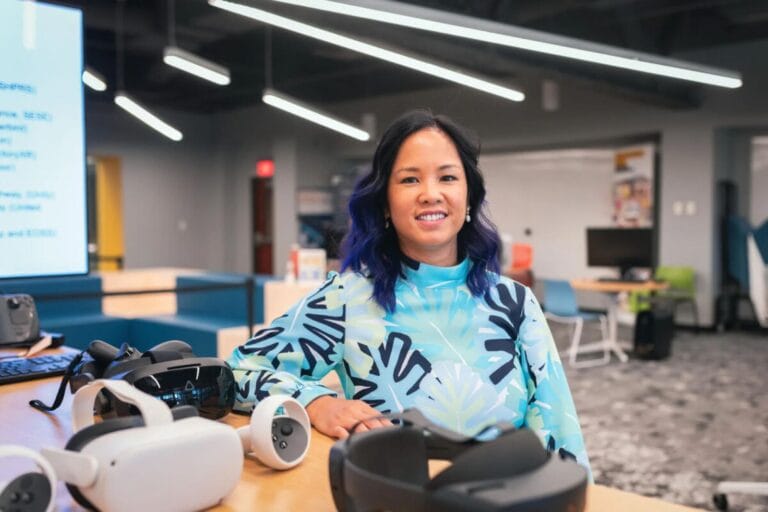
Senior Global Futures Scholar announces publication of new book
Bea Rodriguez-Fransen, Director at ASU Next Lab and Instructor at The Design School, is author of the new book Education and Decolonial Futures in the Philippines: Perspectives for Educators and Practitioners,